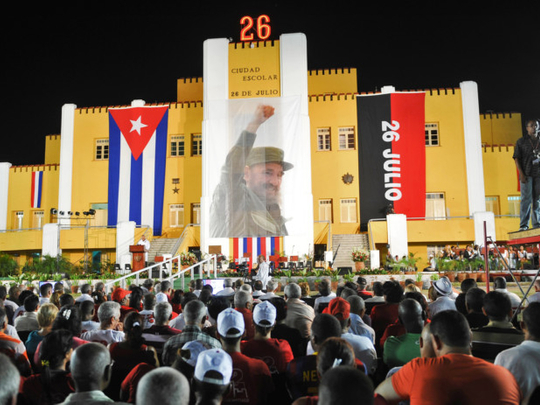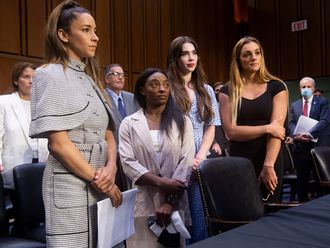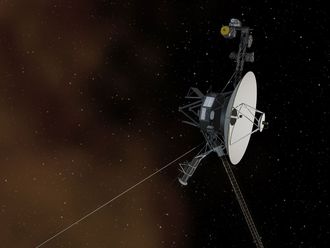
Santiago de Cuba: Cuba marked the anniversary of Fidel Castro’s first armed uprising 62 years ago Sunday with calls for an end to the US embargo and the return of the US naval base at Guantanamo.
The ceremony — attended by Cuban President Raul Castro and some 10,000 of the country’s ruling elite and their guests but not by the frail 88-year-old Fidel — was the first since the restoration of relations with the United States.
“Now begins a long and complex road toward the normalisation of bilateral relations, which includes, among other things, the end of the blockade and the return of the Guantanamo naval base,” said Jose Ramon Machado Ventura, the number two of Cuba’s communist party.
Machado’s brief speech contrasted with the hours long anti-American orations Fidel was known for, particularly on the July 26, 1953 anniversary of the assault he led on the Moncada Barracks in Santiago.
Though a military failure that landed Castro in prison, the uprising is considered the start of a revolutionary movement that ultimately ousted the dictatorship of Fulgencio Batista in 1959.
Across the country in Havana, 40 members of the Ladies in White opposition group and another 27 activists who were holding a weekly protest march were arrested and held for several hours, their leader Berta Soler said.
Cuban authorities do not confirm arrests.
Fidel stepped down as the country’s president in 2006 in poor health; his brother and successor Raul has presided over tentative economic changes but the overwhelming majority of the Soviet-style economy is still government-run and in grim shape.
Cubans earn about $20 (Dh74) a month, oxen still plough fields and people face long lines for transport in Havana.
Cuba’s main ally and economic partner of more than a decade, Venezuela, is facing economic and political crises that some analysts fear could destabilise Cuba.
And on December 17, Raul Castro and US President Barack Obama stunned the world by announcing plans to restore relations severed for more than half a century. On July 20, the longtime Cold War foes reopened embassies in each other’s countries.
A US trade embargo remains in effect, however, with opposition to lifting it strong in the Republican-dominated US Congress.
The US naval base at Guantanamo on the southeastern tip of Cuba is now best know for a US prison holding suspected violent militants that Obama has so far unsuccessfully sought to close.
Cuba says the base is illegally occupied; the United States disagrees.
Washington says it is mindful of human rights concerns in Cuba, the only Communist-run, single-party state across the Americas.
But it appears for now to have stopped conditioning bilateral relations on changes it unsuccessfully pressed for over five decades.
Years after the Cold War melt, Cuba still allows only one political party, does not have a free press and cracks down on public assembly it deems worrisome.
Raul Castro, 84, has said he will step aside in 2018, and has named his Communist successor, Miguel Diaz-Canel, 55.












